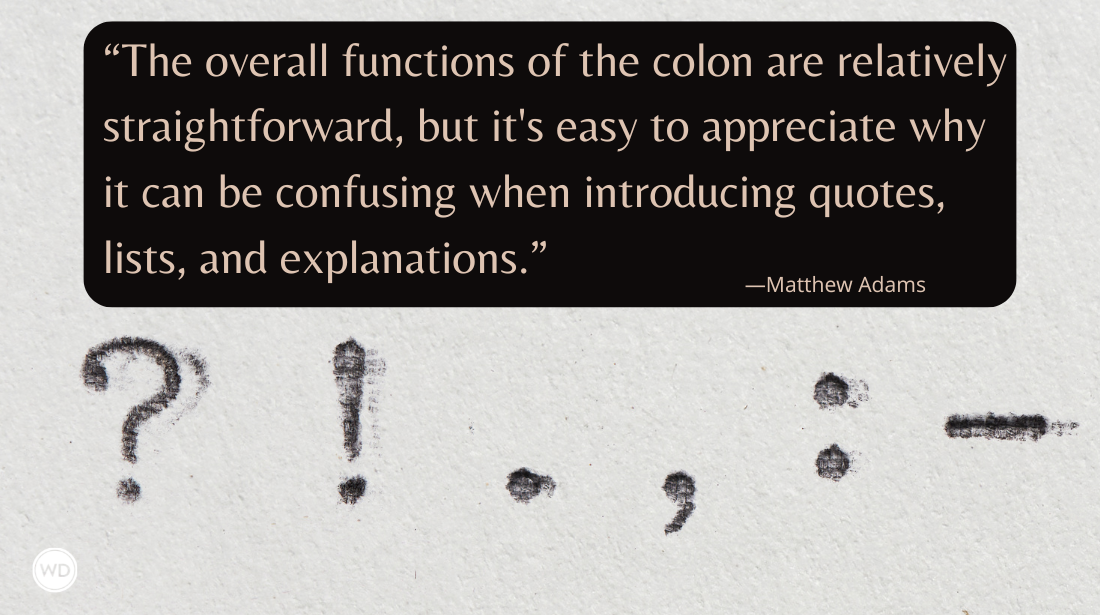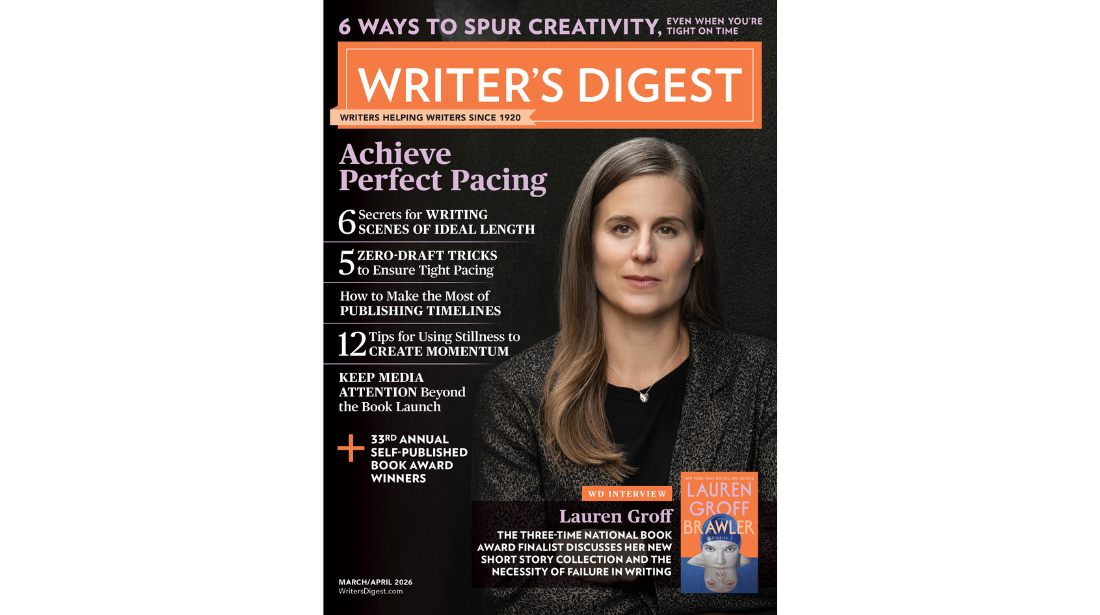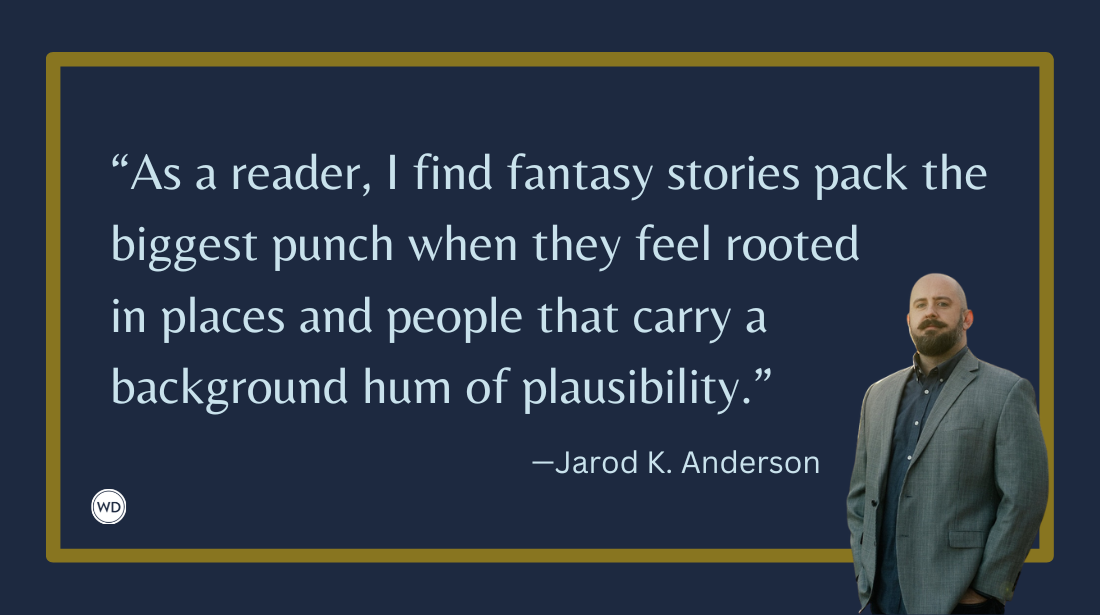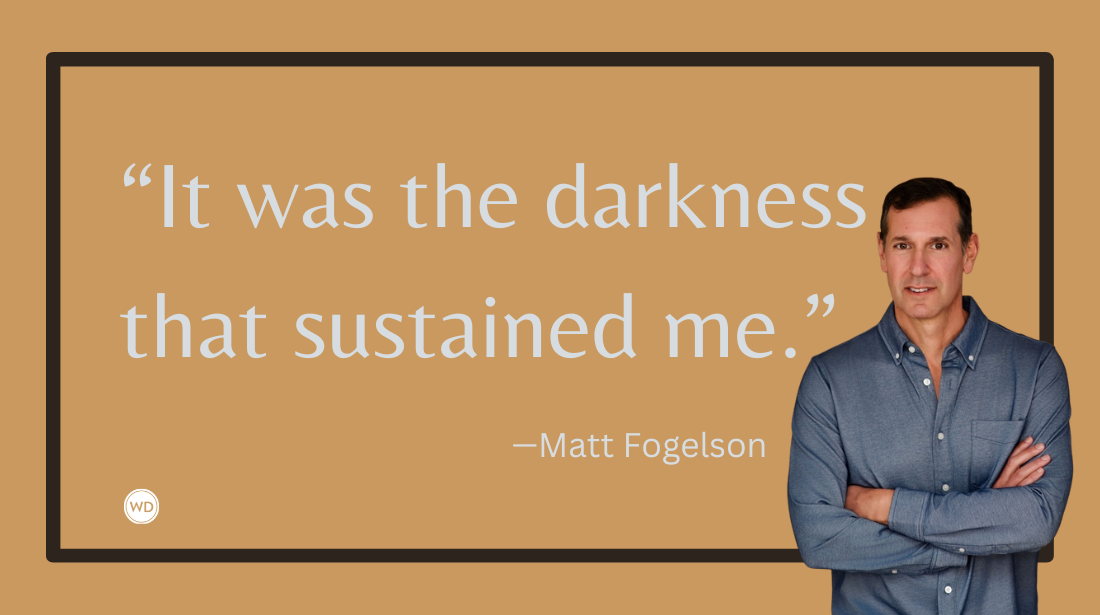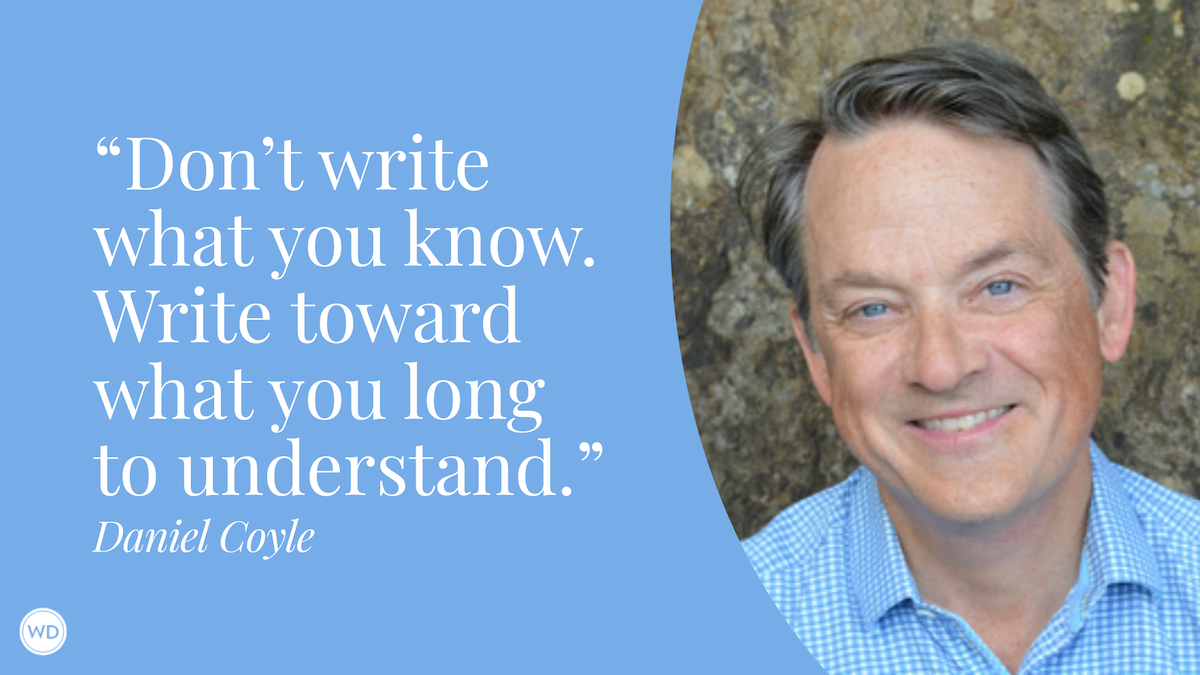Two Memoirs, One Person, Two Voices
Author Alison Rand shares her process of writing two memoirs, one from her point of view and the other from the perspective of her poodle, Dea.
I have written two deep, open, personal, and very different memoirs. My first was A Place Called Grace and as the traditional narrator I told my story of feeling unmoored and then finding my way in the world. But in my new memoir, Walking Alison: A Poodle’s Mostly True Story of Helping Her Human Navigate Life, my poodle, Dea continues the story—she literally pulls me into a better and more satisfying life. She also shares her own, often humorous opinions on the mysterious ways of humans.
When I wrote A Place Called Grace, I knew I wanted to tell my story of being deeply affected by family turmoil, separation from my siblings early in life, and loss. Later, after a failed marriage and as a struggling actress in New York, I felt lost—even with an outwardly good life. So, I made the brave if crazy decision to move alone to Rome, without speaking the language well, having any work lined up, or knowing anyone. I was hoping to begin a new life as an actress, along with all its bureaucratic nightmares and charming Italian men.
I knew in order to tell my story accurately I needed to include all the good and all the bad that had happened to me, along with the most intimate and painful details. It was difficult and at times a painful venture to write. I knew that the ending to my memoir was going to be bittersweet.
While writing A Place Called Grace was cathartic, I didn’t feel finished, and I heard from many people who were curious as to what happened to me. So I made the decision to try and write a second memoir. But I wanted to do something different, and I realized that only Dea, my beloved black poodle, knows me as well as I know myself (if not better).
I am just a character in my second book as Dea shares her opinions about my love life (I had fallen in love again but ultimately it didn’t work out), internet dating, my health (I had a reoccurrence of breast cancer), being left alone, Covid, and her own dog friends.
I initially struggled with how to capture my dog’s unique voice and tell my story while also holding onto my own personality. I researched and I read many books where the dog was the narrator of the story but they were wonderful fiction novels. I couldn’t find anything that compared to what I was trying to do, which was scary—I wondered if anyone would be interested. But ultimately I was excited to try something unique.
Dea has a huge personality so I began with writing a detailed list of her traits; comical, silly, smart, needy, loving, kind, feisty, and opinionated. Then I began by writing scene after scene, chapter after chapter with more iterations than I can remember. As I tried to intertwine Dea’s narration with my own story I didn’t want to anthropomorphize Dea and give her human qualities. She is a dog and this memoir had to be told from a dog’s point of view. Through a lot of hard work, I finally found Dea’s voice.
Writing Walking Alison made me feel like the story I was trying to tell was complete. Both of my memoirs are bare and open, but I wanted Walking Alison to have a happier tone than A Place Called Grace, even when I was writing about sad topics like my breast cancer.
As Dea recounts our conversations about my fear of the cancer’s return and the death of my beloved brother, David, she adds her own spin to my situations. Her point of view made everything I was trying to write about joyful and humorous. She literally pulls me into handling crippling losses, making connections, and looking at my life with more resonance and perspective. And I learned to appreciate her own dog world and everyday wonders. Dea lives in the moment and she became my best teacher.
My goal for readers is for them to engage with my story of resilience and to put themselves into the mind of a pup. I wanted my story to resonate with others by being completely honest and open with my journey, showing my insecurities and foibles and laughing at them with Dea’s help. Hopefully other people can also see themselves in me and understand that life’s vicissitudes can be looked at differently.
The power of the human-animal bond is intrinsic to my story because animals help us in more ways than we can understand via the complete selflessness of a dog.
Check out Alison Rand's Walking Alison here:
(WD uses affiliate links)
Alison Rand has a master’s in social work. Her first book A Place Called Grace was published in July 2018 and Walking Alison: A Poodle’s Mostly True Story of Helping Her Human Navigate Life was published in December 2023. Alison lives in NYC with her dog, Dea. https://alisonrandauthor.com




